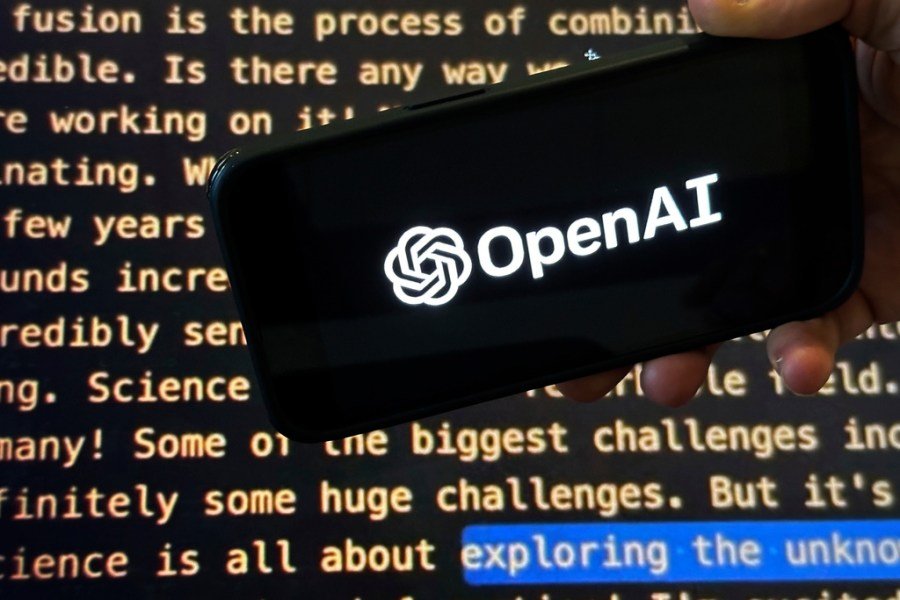
Related video above: Trump hosts tech CEOs amid calls for AI regulation
(NEXSTAR) – OpenAI announced Tuesday it is launching a ChatGPT-powered web browser called Atlas that will compete directly with widely-used Google Chrome.
The news appeared to ripple into the stock market, as the share price of Google’s parent company, Alphabet, sank on the announcement.
OpenAI CEO Sam Altman called it a “rare, once-a-decade opportunity to rethink what a browser can be about and how to use one.”
ChatGPT itself has surpassed 800 million users, according to OpenAI, but the tool is free. If OpenAI’s browser sees the same mass adoption, the world’s most valuable startup could start generating revenue from digital advertising.
OpenAI’s browser is coming out just a few months after one of its executives testified that the company would be interested in buying Google’s industry-leading Chrome browser if a federal judge had required it to be sold to prevent the abuses that resulted in Google’s ubiquitous search engine being declared an illegal monopoly.
But U.S. District Judge Amit Mehta last month issued a decision that rejected the Chrome sale sought by the U.S. Justice Department in the monopoly case, partly because he believed advances in the AI industry already are reshaping the competitive landscape.
How to start using Atlas
OpenAI made ChatGPT Atlas available worldwide on macOS Tuesday, and versions for Windows iOS and Android are coming soon, according to the company’s announcement.
Mac users can download Atlas and drag it into the Applications folder.
To launch the browser, open Atlas and sign in with one’s ChatGPT account information. Users will then see prompts asking if they would like to import data from other browsers, allow keychain access, enable “browser memories,” or make Atlas the default browser.
Enabling browser memories lets ChatGPT recall pages that a user has visited before and use that context to personalize future searches, or quickly pull up something you saw before.
What makes Atlas new?
“Tabs were great, but we haven’t seen a lot of browser innovation since then,” Altman said.
Altman said he hopes Atlas fundamentally shifts how people interact with the web, and sees future internet use relying on a combination of chat experience and web browser, similar to how people currently use the url bar and search box.
One of the main new features is agent mode, which is currently only available in preview for Plus, Pro and Business users. The tool is “better at researching and analyzing, automating tasks and planning events or booking appointments while you browse,” according to OpenAI.
In one example during the introduction video, the team prompted ChatGPT to list the amounts of different ingredients needed to make a recipe for eight people. With agent mode enabled, Atlas went ahead and filled an Instacart order from Safeway, the grocery store it chose based on browser history.
While product lead Pranav Vishnu mentioned multiple times during the example that the agent could be turned off at any moment, he added that Atlas users will have potentially crucial, new considerations to make.
“Despite all of the power and awesome capabilities you get with sharing your browser with ChatGPT, that also imposes an entirely new set of risks,” Pranav said.
He assured livestream viewers that agent only operates on tabs and can’t execute code on one’s computer or access other files. Upon opening a new tab, users will have to decide whether or not they want ChatGPT agent to be logged in or out.
Similarly to other browsers, an incognito tab can be opened to search for something without involving agent.
The Associated Press contributed to this report.


